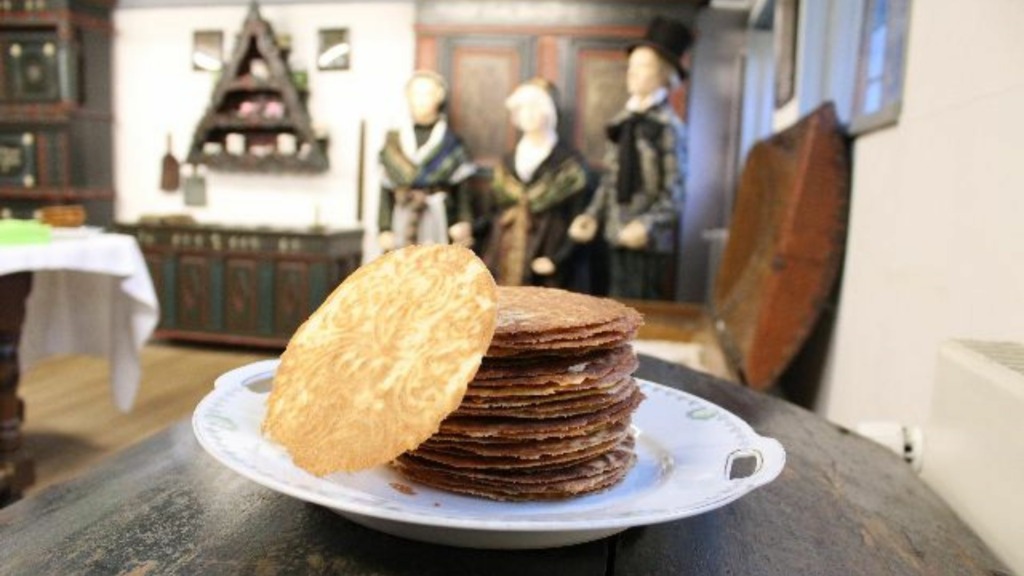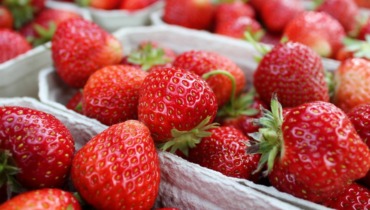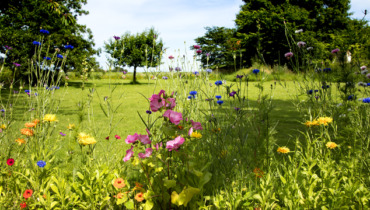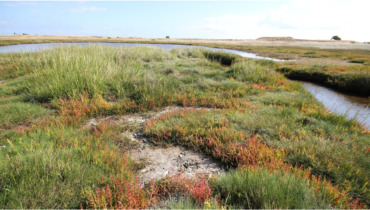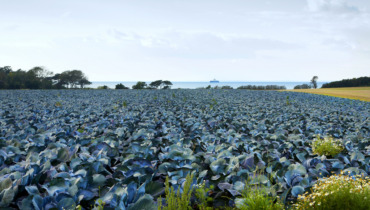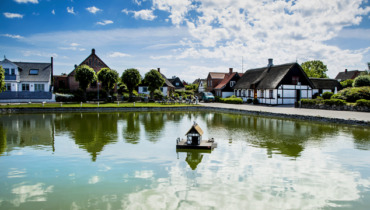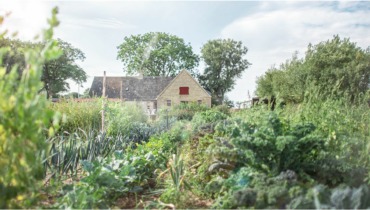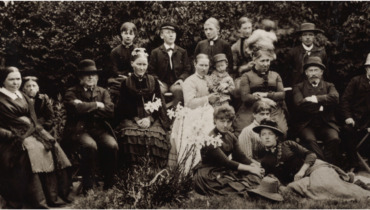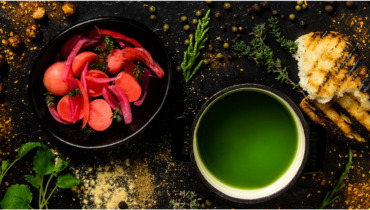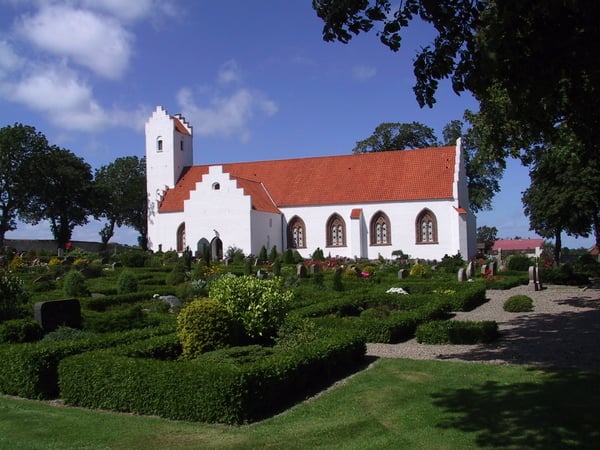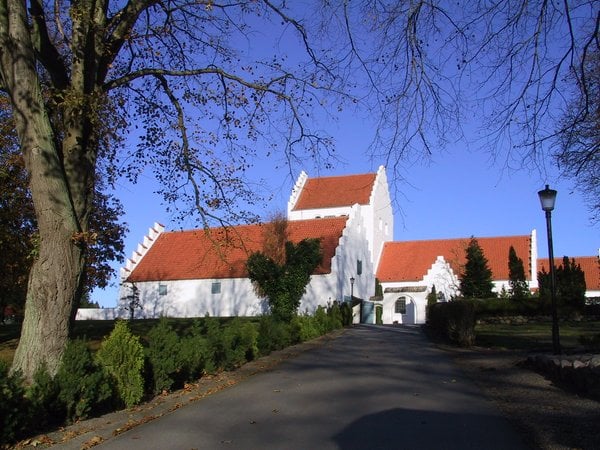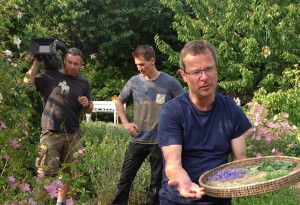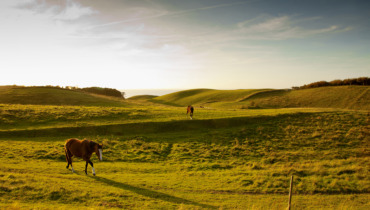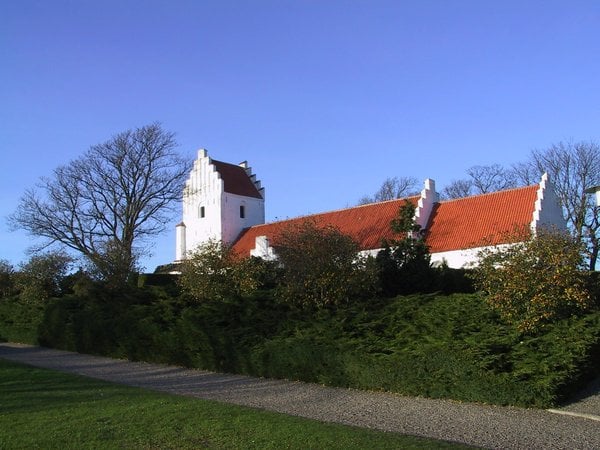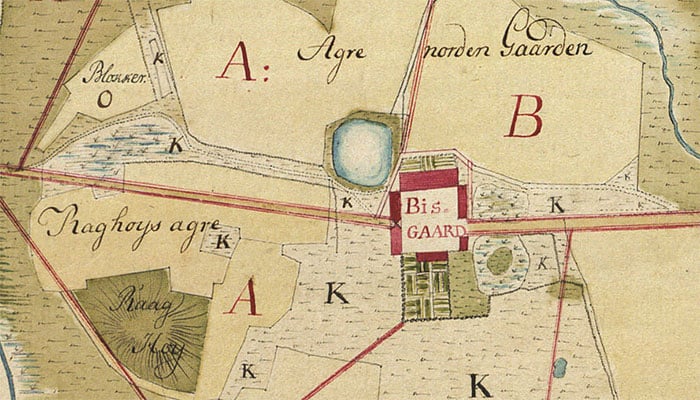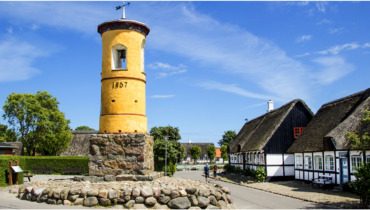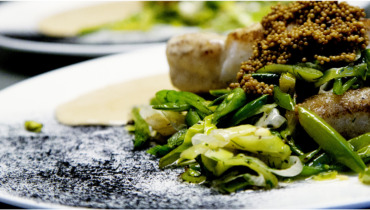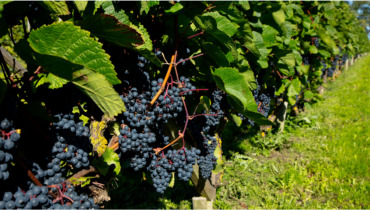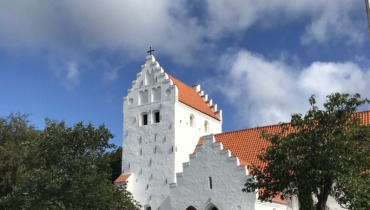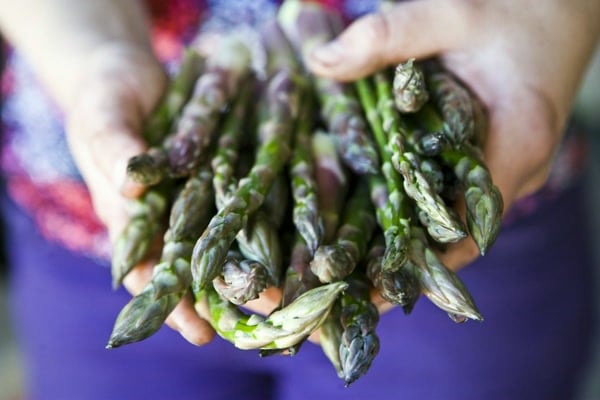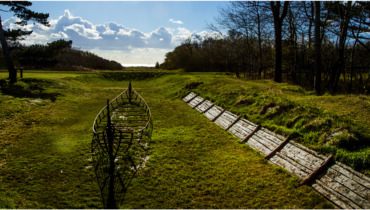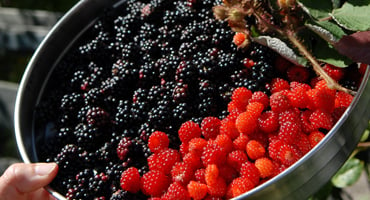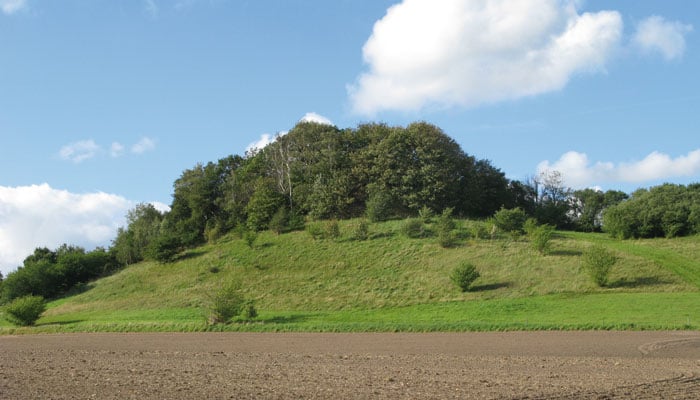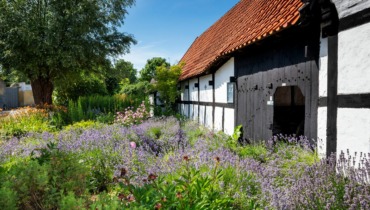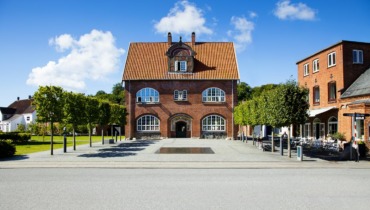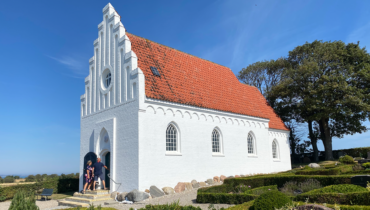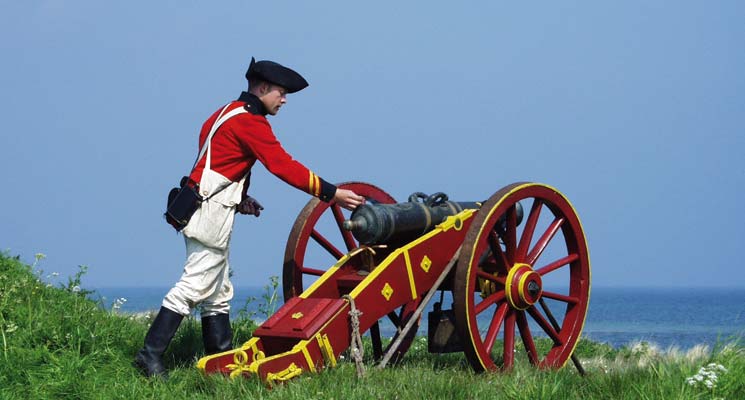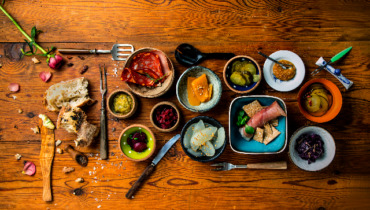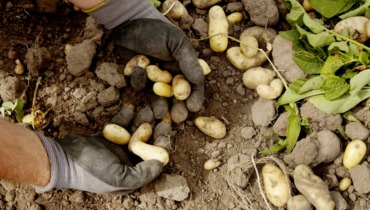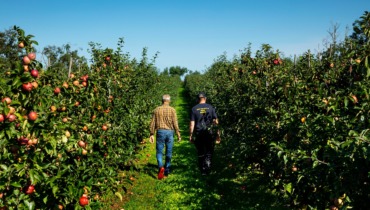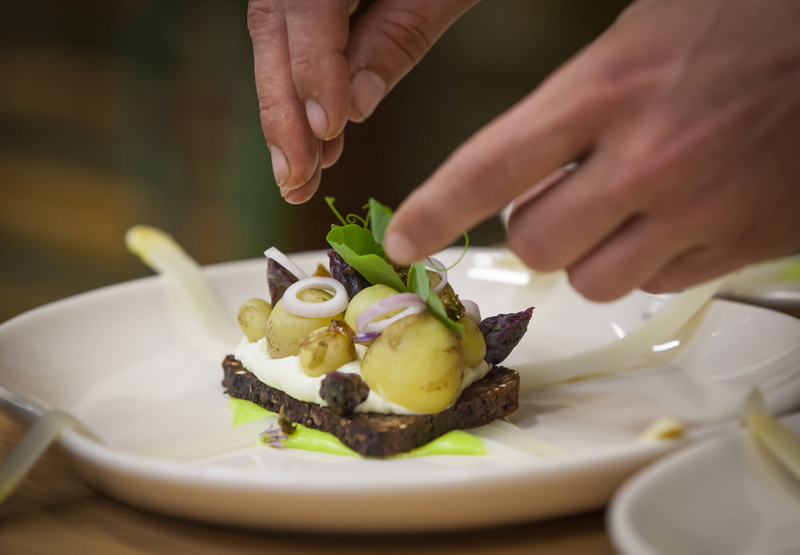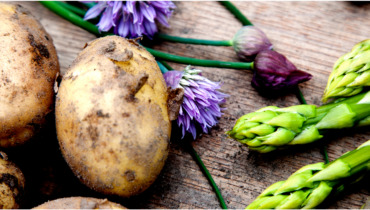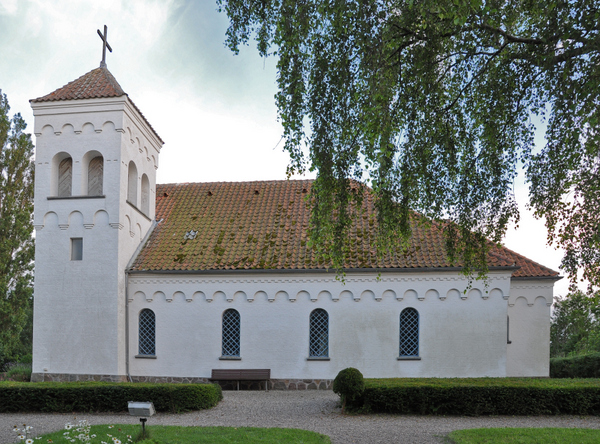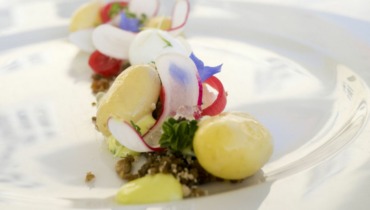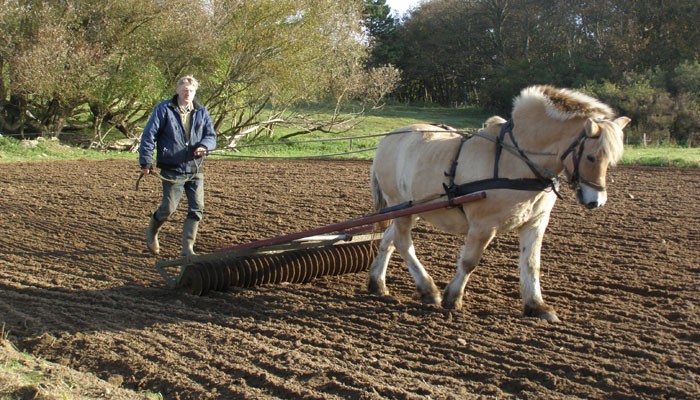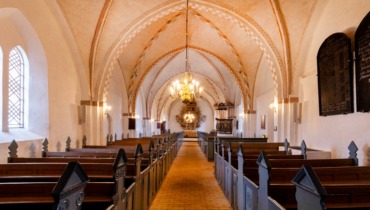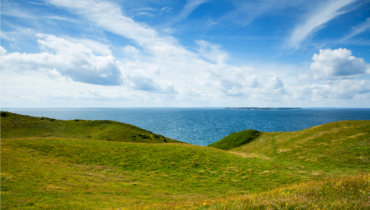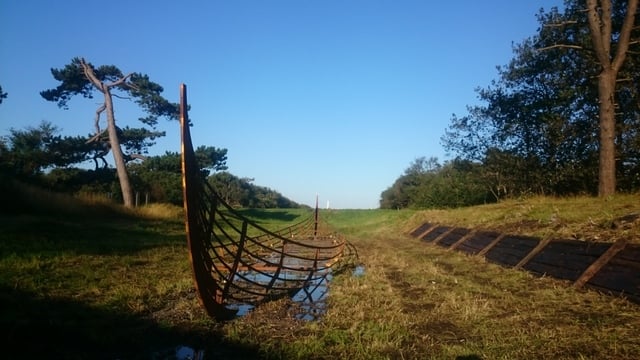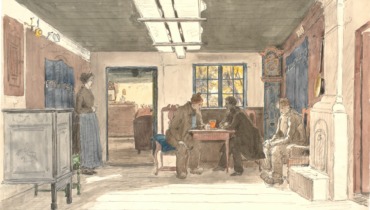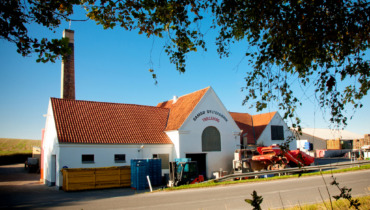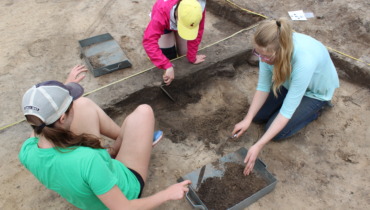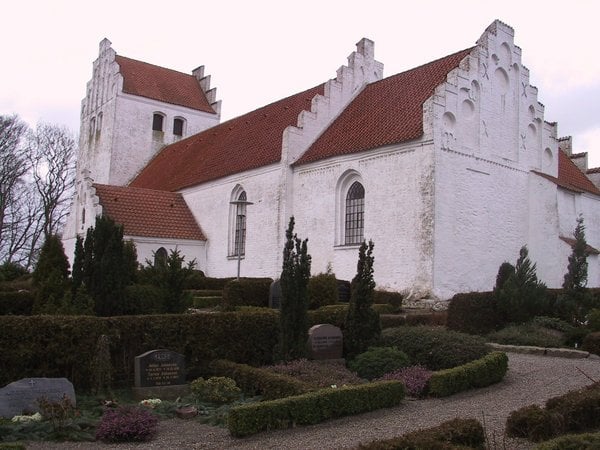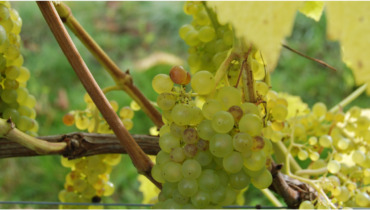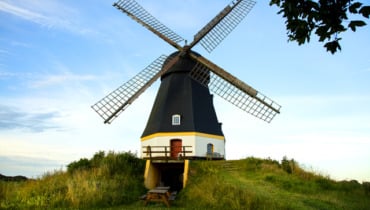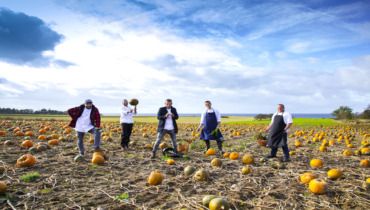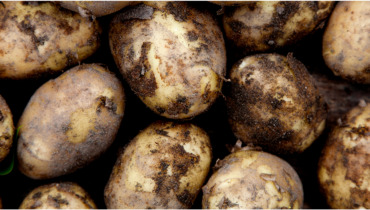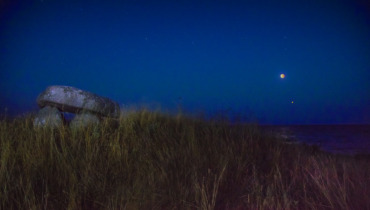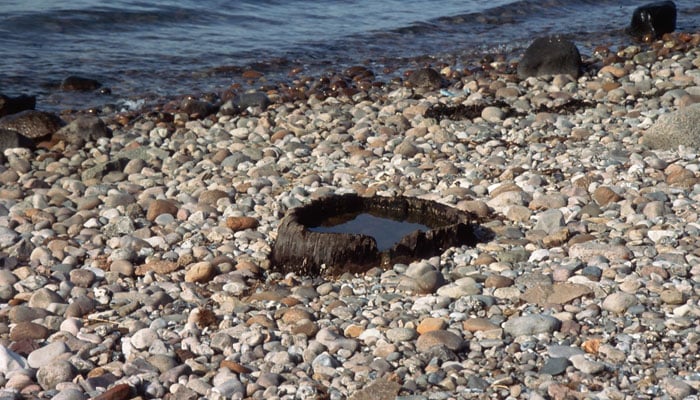Pick Up Some Good Advice
The thin, crispy cakes known as Gode Råd, have been around since the Middle Ages, and in different variants are widespread all over Denmark, and on Samsø, too.
Iron Cakes for Feasts
Several hundred years ago, before we knew firewood stoves that enabled us to make oven-baked cakes, the so-called iron cakes were a great hit in markets and at religious festivals. One of the most widespread varieties was the so-called Gode Råd cake that only required dough, a fire, and a Gode Rådiron.
In the Middle Ages, butter, eggs, and sugar used in the Gode Råd dough were rather costly commodities, especially for those who did not live on a farm with hens and cows. That’s why Gode Råd was something that was served for guests and at religious festivals. It is probably these waffle-like cakes that have lent their name to the saying “Nu er gode råd dyre” (The fat is in the fire). Anyway, the name Gode Råd originates from a time where it was possible to prepare finer cakes in the event that unexpected guests should turn up.
Have a Taste of History
You can bake your own Gode Råd at home. If you don’t have a mind for open fire, it is possible to find modern electrical Gode Råd-irons.
Recipe for Gode Råd from Samsø:
500 g of flour
500 g of soft brown sugar
Stir to a thick dough with 2 eggs and
approx. 0.7 litres of cream
Put a small lump of dough on the iron with a teaspoon. Bake the cakes for about two minutes till they are light brown, quite thin and crispy. Don’t forget to butter the iron between each baking. If you don’t eat all the Gode Råd immediately, store them in an airtight cake tin.
See more on www.samsoemuseum.dk
Last updated: 29/03/2025 16:40

